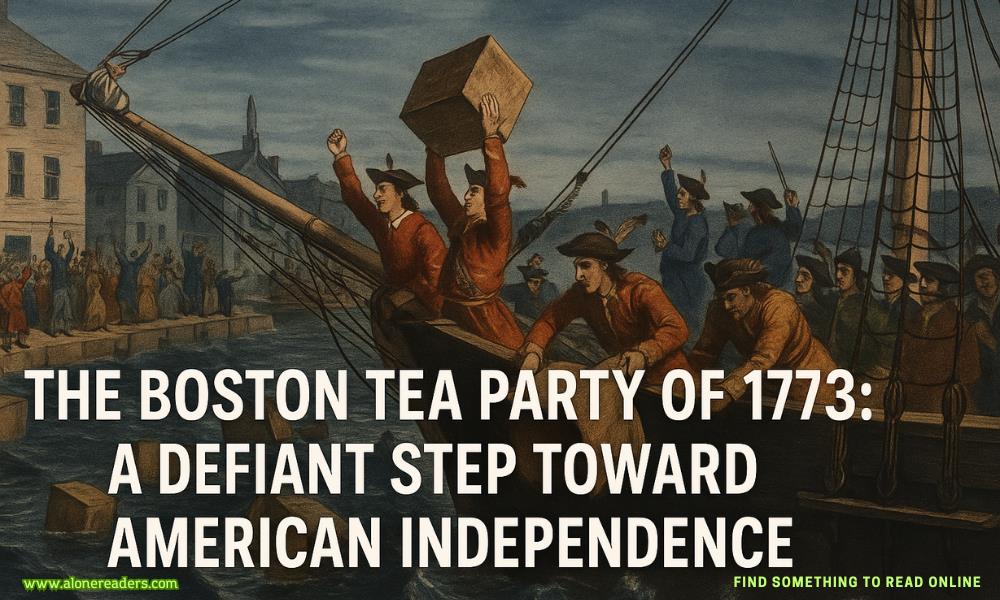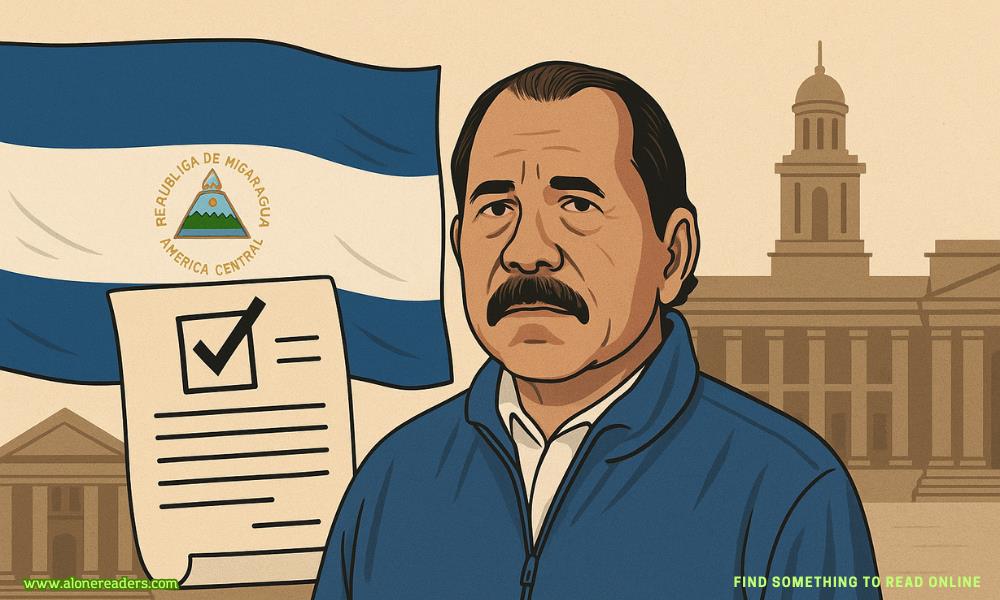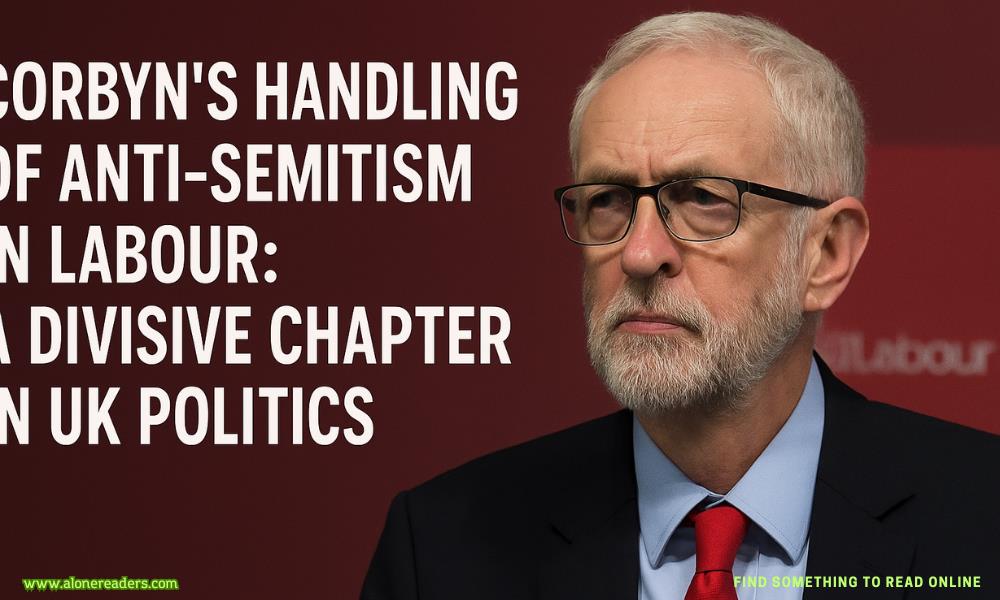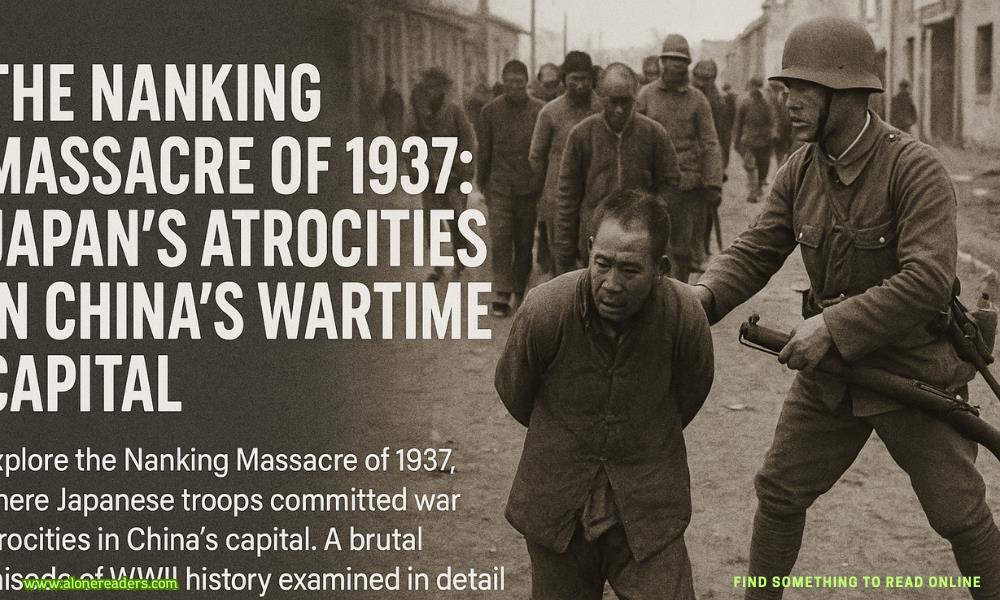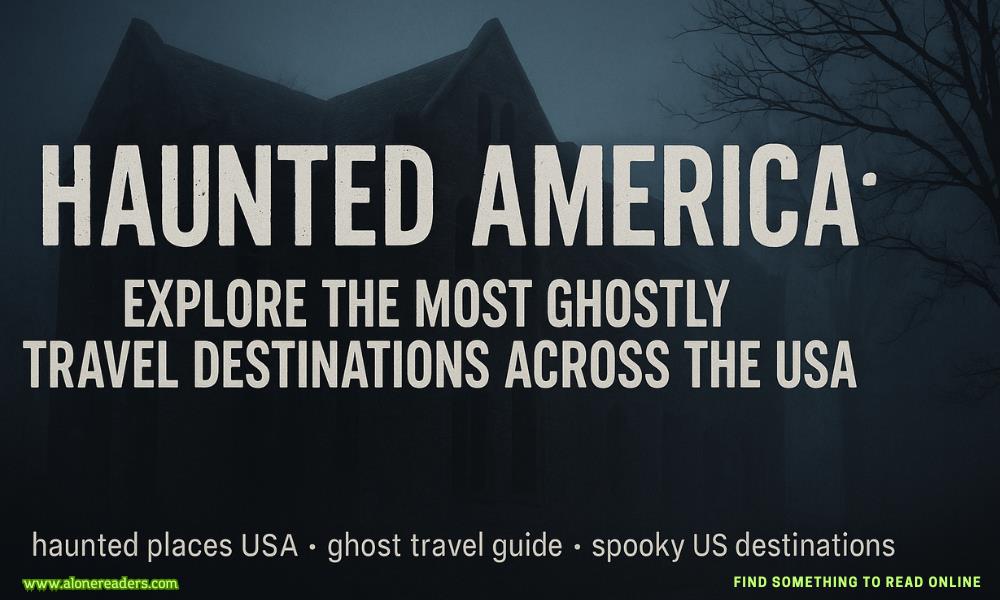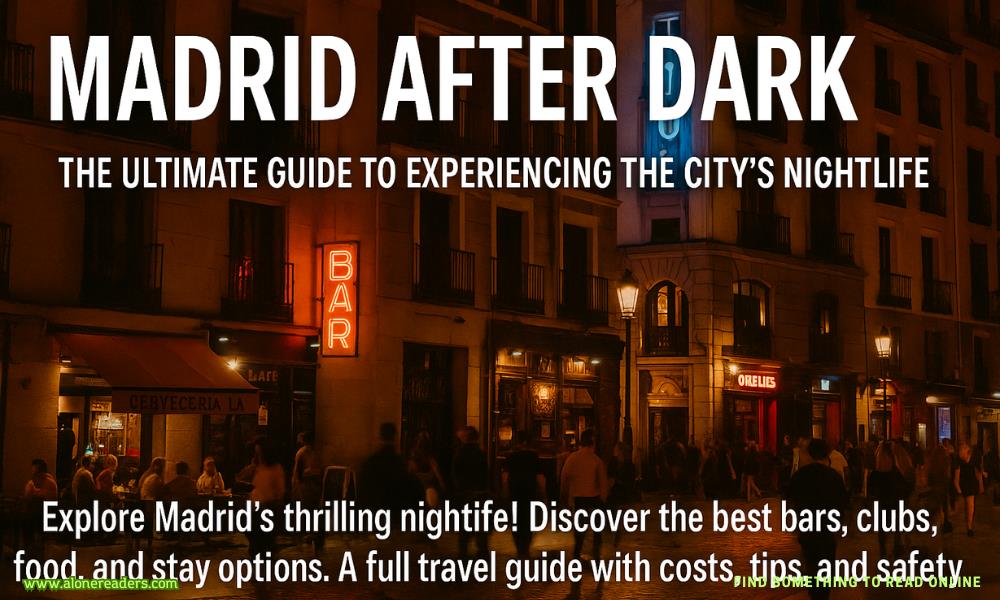Page 100 of The Starving Saints
Phosyne looks at her once more. They are of a height.
“Tell me, little mouse—would you go into your room, that pretty, sheltered world of yours, and leave all of this behind, if you knew it would sustain you?”
A night ago, she would have said yes.
Now, though, the world has gotten a little bigger. Her desires have grown teeth. “No,” she says. “No, I want freedom.”
“An understandable want. I can fulfill it.”
Phosyne bares her teeth in something that is not a smile. “And what would you require in return?”
“There are many things you could give me,” the Lady says. Her hand has not moved. “The exchange, I think, could benefit us both. We are not so different.”
Phosyne closes her eyes for just a moment, for just long enough to see that the Lady blazes before her, but that she burns with nearly the same intensity.
She reaches out, touches the Lady’s cheek, mirroring perfectly. Her eyes are open again. Her mind is racing.
“Were you like me once?” she asks.
The Lady cants Her head. Considers. Drops Her hand and steps back so that She can regard the full length of Phosyne.
“Do you mean, was I earthbound? Was I born of a womb, and did I drink milk as a babe? No.” Her gaze flicks up. “But could you be like me, one day? I think that is the far more interesting question, little mouse, and I think it is the one you mean to ask.”
Phosyne’s throat is very dry. She is thinking of sinking into stone. Of lighting candles with blood. Of bewitching a whole castle into feasting upon its own.
She has never questioned where her power comes from—only where the knowledge does.
The Lady smiles. It is gentle. She holds out both hands.
Phosyne struggles not to take them.
“Give me your name, little mouse,” She murmurs, “and I will give you your answer.”
And for one blistering, parched moment, Phosyne wants to.
But then she thinks of how the Lady says Ser Voyne’s name: with ownership. She would do the same with Phosyne’s. There’s a power in it, a worth, or else She would not be asking for it.
The Lady notes her hesitation. Steps closer. Their audience holds its breath, waiting to see what Phosyne will do.
“Give me your name, and the nightmare will end.”
Phosyne lifts her chin. Pulls her hands into fists at her sides.
“What do you have to gain from this?” she asks. “You have every soul in this castle as it stands. Surely you have everything you desire.”
“Not everything. And not every soul.”
“So you want mine.”
The Lady doesn’t deny it.
This does not match her understanding of the situation. Phosyne is not important—or, at least, shewasnot important. The Lady and Her saints have come to devour this castle, and Phosyne is only a curiosity, an unexpected snare in their plan. But then she thinks of the feast, of being laid like an offering at the Lady’s feet, and how delighted the Lady had been to see her. How quickly She’d become fascinated.
Her world is getting smaller. Her breathing is growing faster, shallower, panic threatening to pull her under completely. She staggers away from the Lady, mind racing, eyes darting around the room. She is surrounded on all sides. They shift and spark in her periphery, flat white faces getting closer, and they have teeth, they have so manyteeth, and she has teeth too, she could tear them all to pieces—
No. No, she has to get out.
She will go to Ser Voyne, wherever she is, and throw herself on her mercy. Beg understanding. Ask for a plan, any plan, because they are running out of time and have no more room for games.




